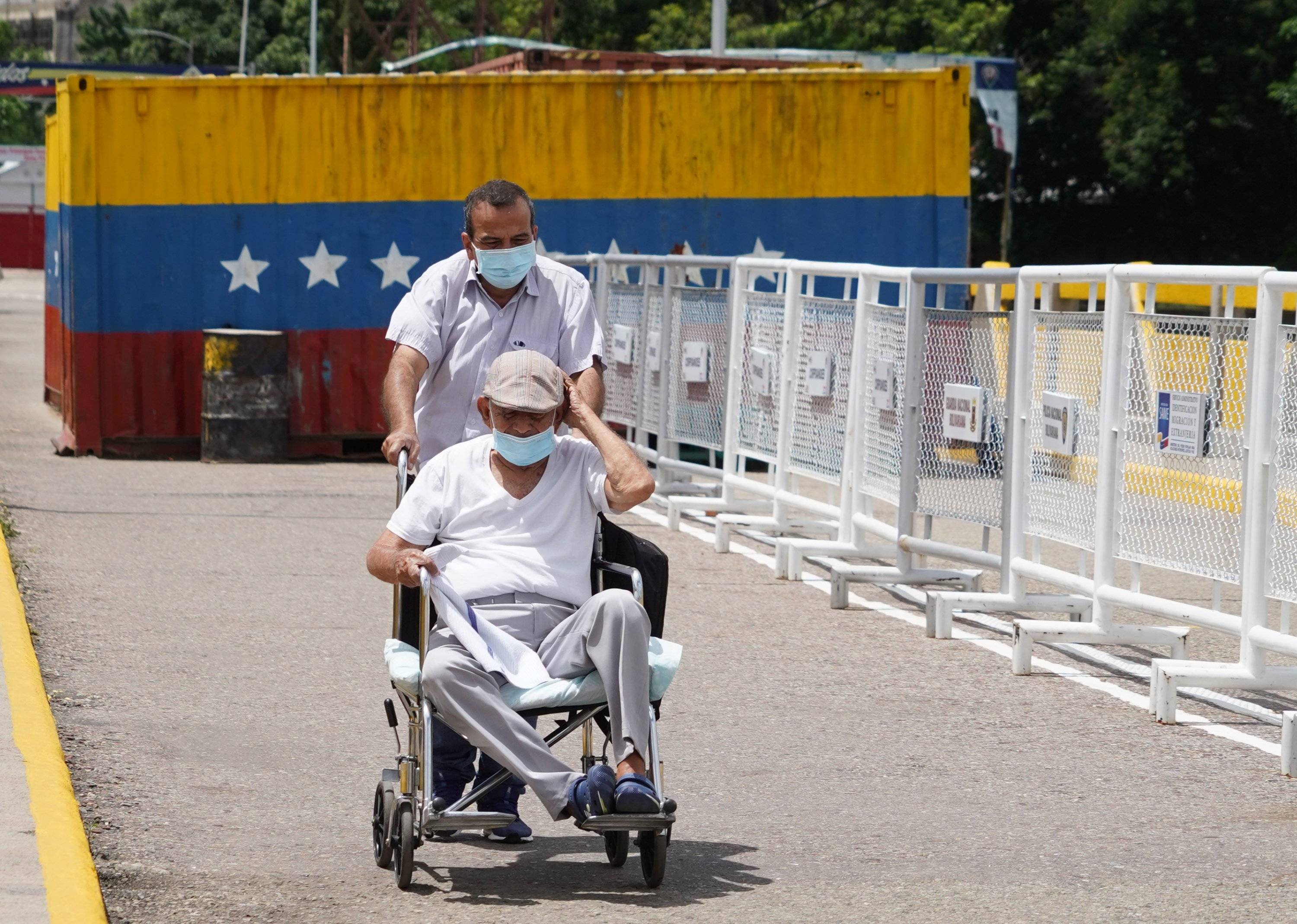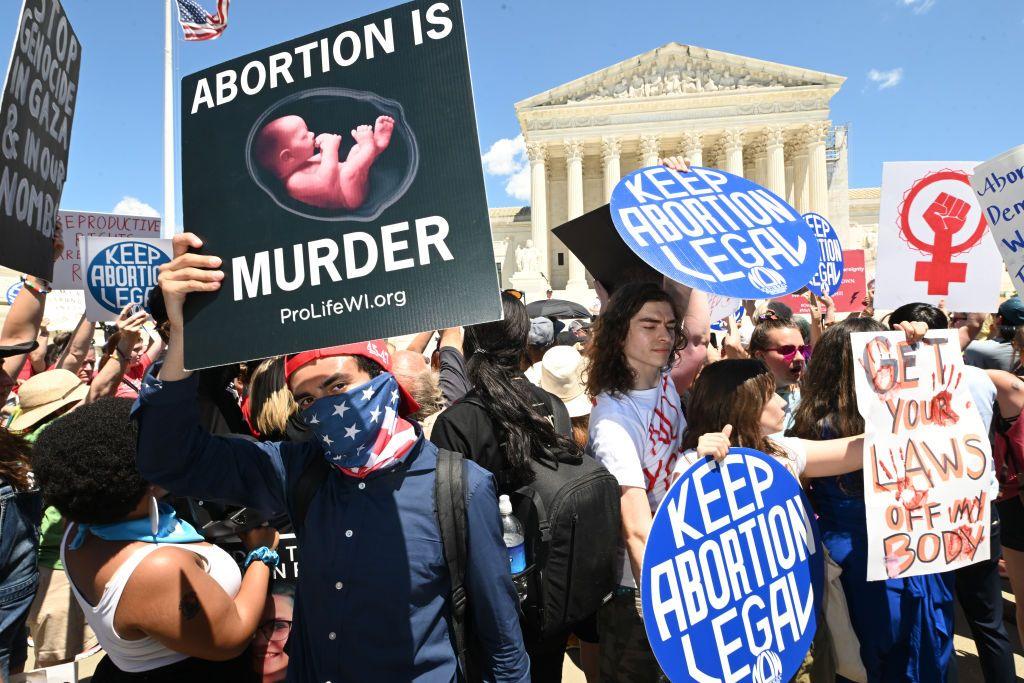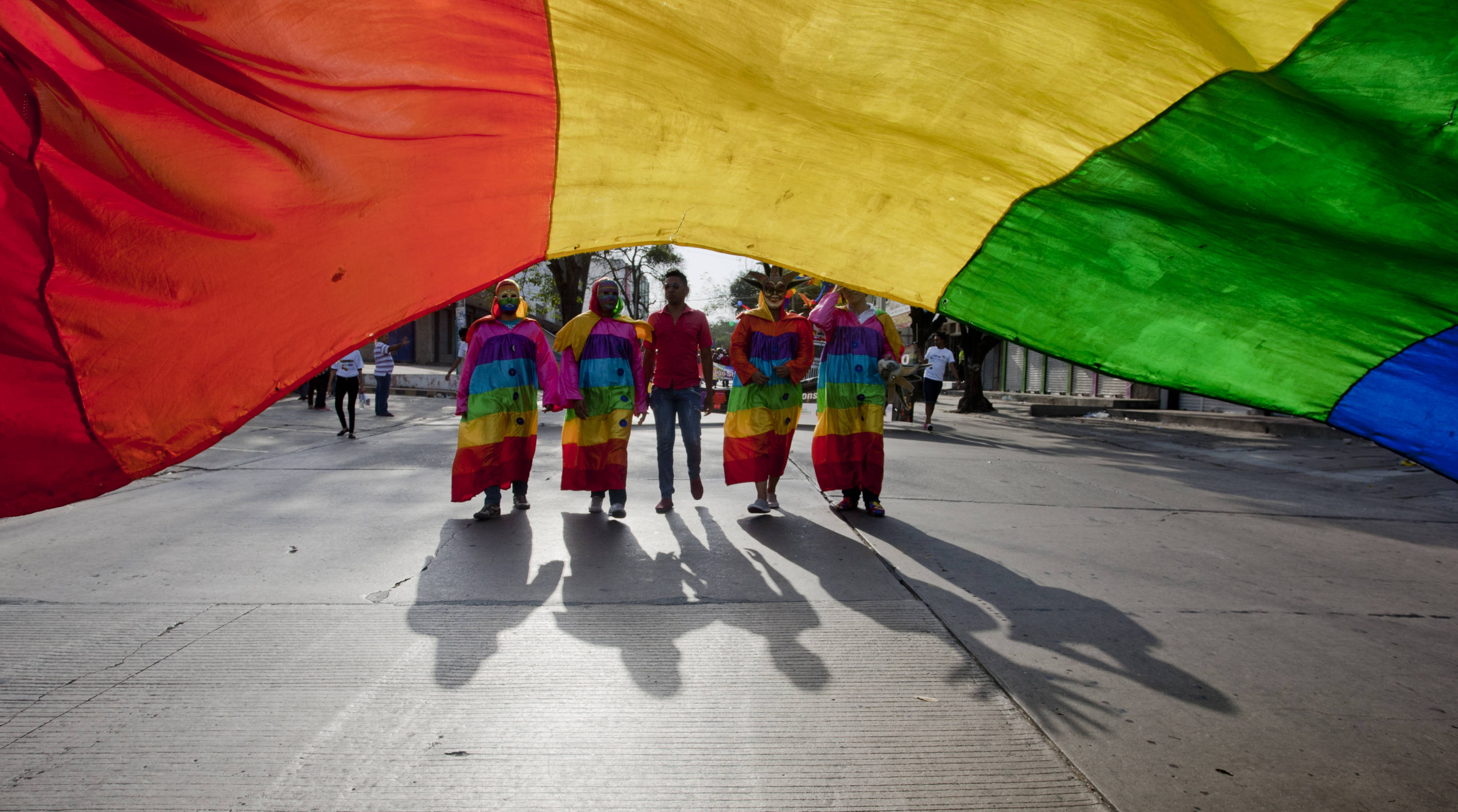Leo XIV's positions on key issues

At the beginning of his pontificate, Francis did not show the openness he later showed toward same-sex couples. Time, circumstances, and context will tell whether it's time to adjust positions and open new doors.
Concerns are drawn about the new pope's positions on key issues for the Church and society itself, based on his sermons, his social media posts, and the opinions of his family and friends. Here we present a summary of what Leo XIV thinks and will do during his pontificate. On some issues, he manifests an alignment with his predecessor; on others, the American's slightly more conservative profile is evident.
1. Peace and conflicts In his first words as Pope, Leo XIV set the tone for his pontificate with a greeting of peace and an eloquent phrase: he spoke of “an unarmed peace, a disarming, humble and persevering peace.”
In his speech, he also emphasized the need to build bridges, suggesting his intention to mediate not only between conservatives and progressives within the Church, but also between conflicting parties around the world. A friend from the seminary, Father Mark Francis, noted that the use of the term "bridges" could also be a subtle critique of Donald Trump's rhetoric about building walls.
2. Migration On this issue, like Francis, Leo XIV demonstrates great sensitivity and clearly distances himself from the political positions of the current US administration. He promotes the acceptance of migrants, respect for their human dignity, and attention to the causes that force them to leave their countries of origin. He applies a missionary and evangelical approach, as demonstrated in his work and defense of the most disadvantaged. Although he has not explained why he chose the name Leo, some experts believe it is a nod to Leo XIII, who opened the Church to the world and gave it a marked social character.

Venezuelan migrants. Photo: Mauricio Moreno. EL TIEMPO
Under the umbrella of women's issues, two major debates stand out: the role of women in the Church and abortion. Regarding the former, like his predecessor, Leo XIV disagrees with the ordination of women , but does agree with granting them greater prominence in high positions within the ecclesiastical structure. "They contribute enormously to the life of the Church," Prevost said a few years ago.
On the second issue, the voluntary interruption of pregnancy, Leo XIV also expressed his opposition, aligning himself not only with Francis but with the traditional position of the Church , which recognizes life from conception. On the X account associated with him — although it has not yet been confirmed whether it belongs to him — there are reposts criticizing Hillary Clinton for having ignored anti-abortion voters during the 2016 election, which she ended up losing.

Abortion is one of the issues that most divides voters in the United States, where Leo XIV is from. Photo: Getty Images
His comments on this topic have been more limited than others, and the few that exist suggest a more moderate profile compared to Francis. For example, in 2012, he expressed concern about the positive image being built around the homosexual lifestyle and "alternative families."
In more recent statements, Leo XIV has avoided taking a forceful stance and has opted to promote dialogue between episcopal conferences, considering the legal and social context of each country. The director of a Catholic organization that advocates for the rights of the LGBTQ+ community noted that Prevost's election is "the best possible outcome."

Francis gave the green light to blessing LGBT couples, but without granting them marriage rights. Photo: Vanexa Romero. EL TIEMPO Archive
The president of the Peruvian Episcopal Conference, Monsignor Carlos García, affirmed that it was Prevost who opened the doors in that country to listening to victims of clerical abuse. In 2019, when he was still a bishop, he declared: “We reject cover-up and secrecy; that causes great harm, because we have to help people who have suffered due to wrongdoing.”
However, some have accused him of allegedly covering up cases in the Diocese of Chiclayo, Peru. He has also been criticized for celebrating Masses in front of an image of the controversial founder of Opus Dei, a Church jurisdiction implicated in allegations of pedophilia. Colombian journalist Juan Pablo Barrientos, who has extensively investigated the issue, also questioned Prevost's push for the appointment of Father William Prieto as bishop of San Vicente del Caguán, despite his history of covering up sexual abuse within the Church.
eltiempo




